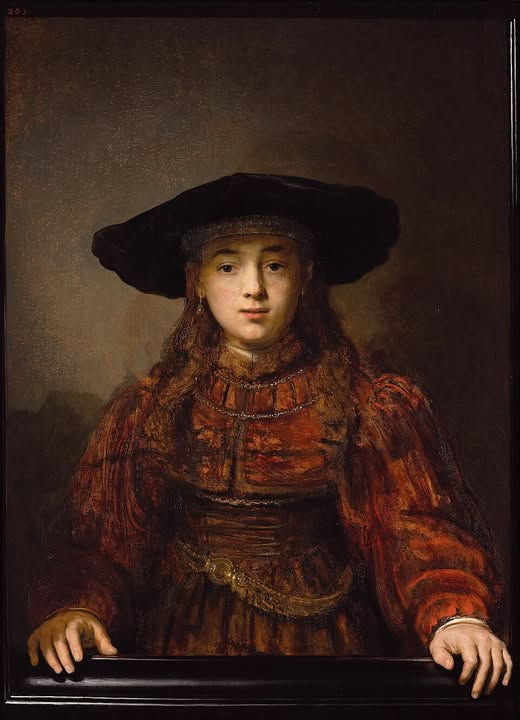How do we Distinguish Essence from Personality?
- smcculley
- May 3, 2024
- 2 min read
How do we Distinguish Essence from Personality?
From our friend, David Tuttle
Essence refers to a quality of openness that, at the beginning, we can have for only moments at a time. The real can only grow from something real. Real ‘I’ can only grow from essence, not from personality.
Our evolution depends on what happens to our essence in the course of life. People who live in the country, far from cities, are often closer to essence. Modern culture and the Internet favor personality at the expense of essence. In extreme cases, there exist “dead” people whose personality covers them completely. These people have no chance of development. Indeed, I have met a few in my various employments over the years.
Essence is the part of us that can appreciate simple beauty, such as sunlight falling through a window, a beautiful spring day, the quiet of a forest. When personality grows strong, simple pleasures pass by unnoticed.
The Energy of Essence
Yet another way of distinguishing personality and essence is by the quality of energy. The energy of essence is World 24, or the world of nature. Personality is World 48, the energy of the earth, while false personality has more the energy of World 96, the moon. The energy of World 24 is a light and fresh energy. If our inner world is heavy, we can sense personality manifesting.
When one remembers one’s self for a few seconds, false personality temporarily disappears and the impressions we take in go right into us. From this point of view, we don’t really need to work on developing essence; we just need to practice self-remembering.
Further Discussion from Marie Michaels
After reading David's essay on essence and personality, I tried to find an image that conveyed essence through an older person. While looking at this image, make an effort to remember yourself by dividing your attention between you and the Court Jester. What do you think? Does he portray essence or personality? What energy do you sense from his costume, smile and gaze?
In his plays, Shakespeare cast the fool, i.e. the court jester, as a purveyor of wise commentaries on human folly. His nonsensical lines imparted wisdom to "those who can hear."
“The fool doth think he is wise, but the wise man knows himself to be a fool.” – William Shakespeare, As You Like It
Portrait of the Court Jester Gonella, Jean Fouquet, c. 1420–1481









Comments